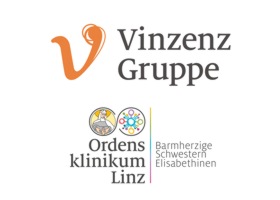Dietz, Julia, Spengler, Ulrich, Müllhaupt, Beat, Schulze Zur Wiesch, Julian, Piecha, Felix, Mauss, Stefan, Seegers, Barbara, Hinrichsen, Holger, Antoni, Christoph, Wietzke-Braun, Perdita, Peiffer, Kai-Henrik, Berger, Annemarie, Matschenz, Katrin, Buggisch, Peter, Backhus, Johanna, Zizer, Eugen, Boettler, Tobias, Neumann-Haefelin, Christoph, Semela, David, Stauber, Rudolf, Berg, Thomas, Berg, Christoph, Zeuzem, Stefan, Vermehren, Johannes und Sarrazin, Christoph
(2021)
Efficacy of Retreatment After Failed Direct-acting Antiviral Therapy in Patients With HCV Genotype 1-3 Infections.
Clinical gastroenterology and hepatology : the official clinical practice journal of the American Gastroenterological Association, 19 (1).
195-198.e2.
ISSN 1542-7714
Für diesen Eintrag wurde kein Volltext-Dokument angefügt.
Kurzfassung
Hepatitis C virus infection is causing chronic liver disease, cirrhosis, and hepatocellular carcinoma. By combining direct-acting antivirals (DAAs), high sustained virologic response rates (SVRs) can be achieved. Resistance-associated substitutions (RASs) are commonly observed after DAA failure, and especially nonstructural protein 5A (NS5A) RASs may impact retreatment options. Data on retreatment of DAA failure patients using first-generation DAAs are limited. Recently, a second-generation protease- and NS5A-inhibitor plus sofosbuvir (voxilaprevir/velpatasvir/sofosbuvir [VOX/VEL/SOF]) was approved for retreatment after DAA failure. However, this and other second-generation regimens are not available in many resource-limited countries or are not reimbursed by regular insurance, and recommendations regarding the selection of retreatment regimens using first-generation DAAs are very important. This study aimed to analyze patients who were re-treated with first-generation DAAs after failure of a DAA combination therapy.
Actions (login required)

- Eintrag anzeigen


 Tools
Tools Tools
Tools